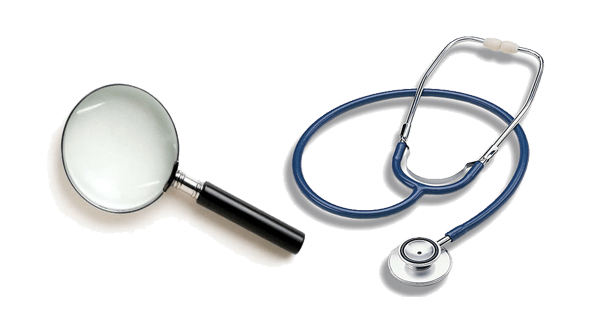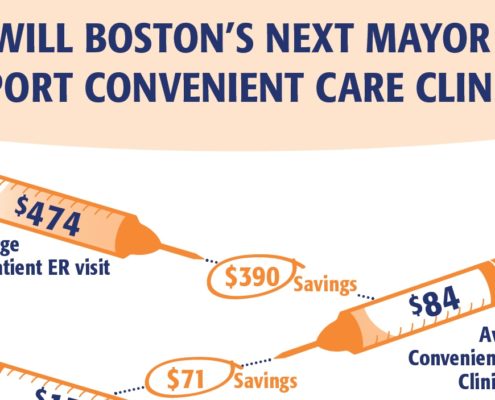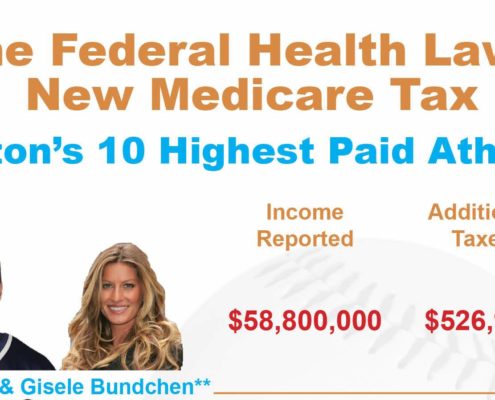Study Finds MassHealth’s Enhanced Eligibility Verification Saves $250 Million a Year
Reforms fixed MassHealth’s $1.2 billion eligibility crisis, freed up money to be redirected to needy recipients
BOSTON – Enhanced eligibility verification allowed MassHealth, the Commonwealth’s Medicaid program, to save significant resources that could be redirected to the care of truly needy Medicaid recipients, according to a new study published by Pioneer Institute.
“MassHealth’s success at digging out of an eligibility crisis that cost Massachusetts at least $658 million, according to the Commonwealth’s Health Policy Commission, holds important Medicaid eligibility lessons for other states,” said Dr. William J. Oliver, author of “MassHealth Protecting Medicaid Resources for the Most Vulnerable: How Massachusetts Saved Hundreds of Millions through Enhanced Eligibility Verification.”
After the failure of initial efforts to comply with Affordable Care Act rules that required the Commonwealth to change its eligibility systems, then-Gov. Deval Patrick obtained permission to suspend mandatory annual eligibility redeterminations and extend temporary Medicaid coverage to anybody who signed up, regardless of income.
In 2014, Medicaid operated for five months without any eligibility determinations, during which time 321,000 new beneficiaries were added, expanding MassHealth enrollment to more than two million or roughly 30 percent of the state’s population. Gov. Charlie Baker ended temporary coverage and MassHealth phased in enhanced eligibility measures to stabilize the program.
MassHealth began by conducting 1.2 million manual eligibility redeterminations over five months.
Beginning in October 2016, MassHealth tested a series of new eligibility matches to improve accuracy. At the end of 2016 and into 2017, MassHealth tested and then implemented additional external data matches such as new hire and earnings data and death registry information to further refine eligibility determinations.
In total more than $1.2 billion was saved. Most of the savings came from ending temporary coverage for those who did not qualify for MassHealth, but $250 million resulted from enhanced eligibility checks through automated matches.
One key to MassHealth’s eligibility redetermination success was testing new automated matches in batch mode before rolling them out systemwide.
“Additional automated data check opportunities hold the promise of further improving the eligibility redetermination process,” said Josh Archambault, a senior fellow at Pioneer. “They include enhanced checks to verify residency, sharing eligibility information with public assistance programs, and using asset verification checks for more populations to signal changes in income that could impact Medicaid eligibility.”
About the Authors
Dr. William J. Oliver has transformed benefits eligibility systems and processes in Texas, Florida, Indiana, Pennsylvania, Mississippi and Arkansas. He has outsourced, insourced, and retooled eligibility systems for both Medicaid and human services benefits. Dr. Oliver has built, selected, and implemented leading-edge systems in hospitals, pharmacy, retail, and other industries, and has driven major benefits eligibility reform including the Mississippi Hope Bill. He is a CPA and holds a Masters in Management from MIT and a doctorate in Management from Case Western. Dr. Oliver is a Principal at The Stephen Group and is published widely on healthcare business model innovation and assessing program outcomes.
Josh Archambault is a Senior Fellow at Pioneer Institute. Prior to joining Pioneer, Josh was selected as a Health Policy Fellow at the Heritage Foundation in Washington, D.C. In the past, Josh served as a Legislative Director in the Massachusetts State Senate and as Senior Legislative Aide in the Governor’s Office of Legislative Affairs. His work has appeared or been cited in outlets such as USA Today, Wall Street Journal, The New York Times, Fox News, NPR, Boston Herald and The Boston Globe. He is the editor and coauthor of The Great Experiment: The States, The Feds, and Your Healthcare. Josh holds a Master’s in Public Policy from Harvard University’s Kennedy School and a BA in Political Studies and Economics from Gordon College.
About Pioneer
Pioneer Institute is an independent, non-partisan, privately funded research organization that seeks to improve the quality of life in Massachusetts through civic discourse and intellectually rigorous, data-driven public policy solutions based on free market principles, individual liberty and responsibility, and the ideal of effective, limited and accountable government.
Get Updates On Our Healthcare Research and Events!
Related Posts:

















